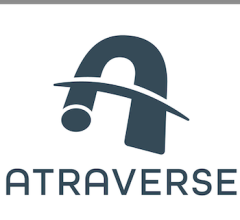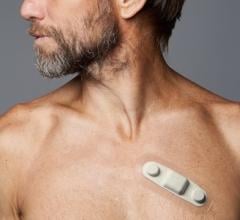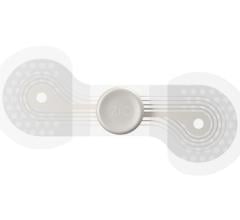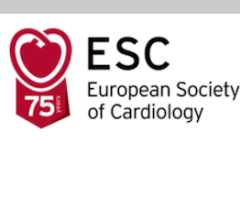
October 18, 2017 — Baylis Medical Co. Inc. and Siemens Healthineers are co-sponsoring a first-of-its kind training program aimed at helping cardiologists perform a complex procedure that is quickly becoming the gold standard for treating patients with atrial fibrillation and other structural heart diseases.
The two companies are working with a network of highly respected physicians to offer the Baylis Education Hands-On Transseptal Course. This hands-on training program was launched in response to the growing need for minimally invasive procedures that require access to the left side of the heart. For example, a transseptal puncture through the septum is a standard procedure for accessing the left atrium.
"There has been a huge growth in left-side structural procedures, which all require very precise transseptal access, yet many interventional cardiologists and cardiac surgeons haven't had the opportunity to learn transseptal techniques," said instructor Brijeshwar Maini, M.D., interventional cardiologist and regional medical director of transcatheter therapies for Tenet Healthcare's Florida Region. "Our first course got very positive feedback from physicians. They recognize the importance in gaining experience with the best available tools to ensure the best possible outcomes for their patients."
Interventional cardiologists have previously used a sharp mechanical needle to access the left side of the heart, which has been demonstrated in comparative clinical studies to be more time-consuming and have a higher risk of complications, such as cardiac tamponade, relative to using a radiofrequency needle.i Procedural complications may result in longer hospital stays and higher per-patient costs. Published studies have found that the Baylis Radiofrequency NRG Transseptal Needle Transseptal RF solution, which uses a short and highly focused radiofrequency (RF) energy pulse, allows a puncture that is more predictable and has the potential to minimize complications.ii
The combination of growing medical need coupled with the availability of smaller and more sophisticated cardiac implants is making catheter-based procedures more common. The new educational course offered by Baylis and Siemens Healthineers provides interventional cardiologists and surgeons with the skills they need to use more high-tech tools that provide greater precision and less risk in accessing the left atrium. The tools in this course include Baylis' NRG Transseptal Needle and Siemens Healthineers Acuson SC2000 Prime ultrasound system.
Interventional cardiologists and cardiac surgeons are also increasingly relying on visualization tools to accurately guide catheters and implants within the beating heart. The transesophageal echo (TEE) and intracardiac echo (ICE) tools on the Acuson SC2000 Prime offer ultrasound images that help make complex transseptal structural heart procedures straightforward. Physicians attending the course are able to use tools such as real-time septal guidance for more precise septal crossing and better outcomes.
Baylis and Siemens Healthineers sponsored the first joint course this past spring in Atlanta. Based on positive feedback from participants, the companies partnered to offer the course in other U.S. cities.
For more information: www.siemens.com/healthineers, www.baylismedical.com
Watch the VIDEO "Transcatheter Structural Heart Procedure Navigation Technology Advances"
Watch the VIDEO "What is Required for Interventional Echo? A Discussion With Rebecca Hahn"
References
ii. Ibid


 February 09, 2026
February 09, 2026 









